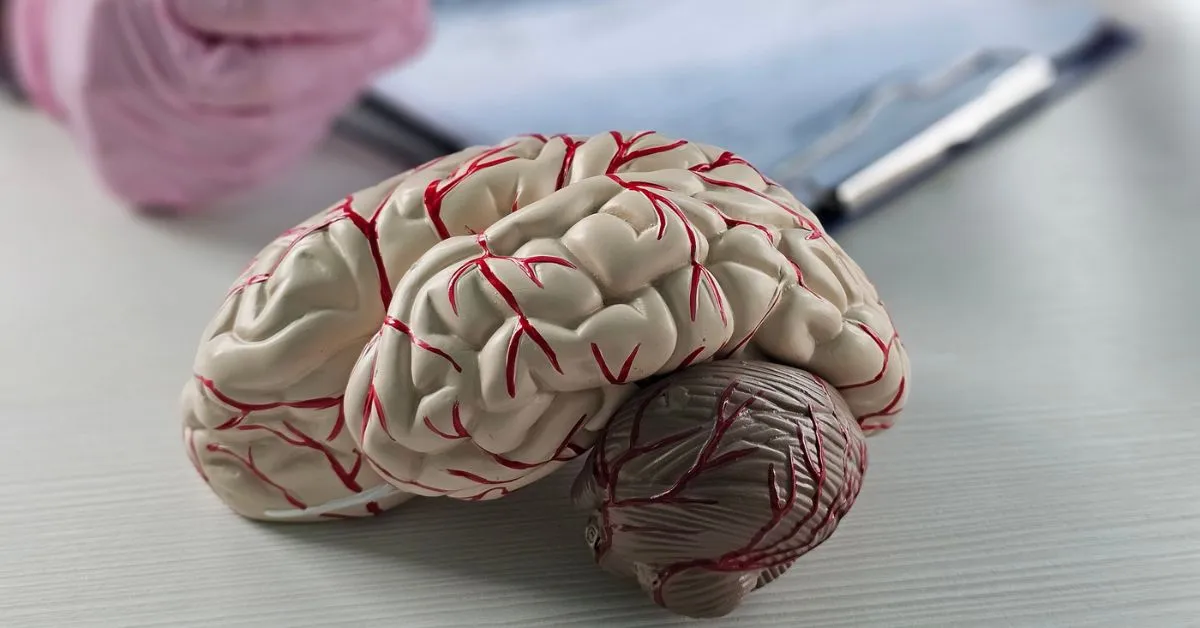Chest discomfort is a term that describes any pain, tightness, pressure, or discomfort in the chest area. It can be caused by a variety of conditions, ranging from benign to serious. Understanding chest discomfort is crucial because it is often one of the most common reasons people visit emergency rooms or urgent care centers. Whether it’s a dull ache, sharp pain, or a feeling of pressure, chest discomfort can be alarming, especially if it occurs suddenly or intensifies over time.
What Is Chest Discomfort?
Chest discomfort can be experienced in several forms, such as aching, tightness, burning, or a sense of fullness in the chest. While it’s a common symptom that many people experience at some point in their lives, it’s important to understand the underlying causes to determine whether it’s something serious or not. The causes of chest discomfort vary significantly and can involve various organs, tissues, or systems within the body.
Common Causes of Chest Discomfort
-
Heart-Related Causes:
One of the most concerning causes of chest discomfort is heart disease. Chest pain due to heart problems can indicate conditions like angina, heart attacks, or heartburn. Angina is typically felt as a squeezing or pressure-like sensation in the chest, often triggered by physical exertion or emotional stress. A heart attack, on the other hand, usually presents with sudden, intense chest pain that may radiate to the arm, jaw, or back, often accompanied by shortness of breath, nausea, and cold sweats. -
Gastrointestinal Issues:
Another common cause of chest discomfort is gastrointestinal issues such as acid reflux, gastroesophageal reflux disease (GERD), or even a stomach ulcer. Acid reflux occurs when stomach acid flows back into the esophagus, causing a burning sensation in the chest, commonly referred to as heartburn. GERD can cause chronic chest discomfort, often worse after eating or when lying down. In more severe cases, an esophageal spasm can create sharp, sudden chest pain that mimics heart-related discomfort. -
Musculoskeletal Problems:
Chest discomfort can also stem from muscle or bone problems in the chest area. Conditions like costochondritis, which is the inflammation of the cartilage connecting the ribs to the sternum, can cause sharp chest pain. Muscle strains from excessive coughing or lifting heavy objects can also lead to localized chest discomfort. These musculoskeletal issues are typically not life-threatening but can be uncomfortable and require appropriate treatment for relief. -
Lung-Related Causes:
Chest discomfort can also be caused by issues with the lungs, such as pleurisy (inflammation of the lining of the lungs), a lung infection, or a pulmonary embolism (a blood clot in the lung). Pneumonia and bronchitis can lead to chest discomfort, especially when accompanied by coughing or difficulty breathing. Pleurisy, in particular, causes sharp chest pain that worsens with breathing or coughing. A pulmonary embolism is a life-threatening condition and often presents with sudden chest pain, shortness of breath, and a feeling of impending doom. -
Anxiety and Stress:
Psychological factors can also contribute to chest discomfort. Anxiety, panic attacks, or high levels of stress can cause physical symptoms such as chest tightness or a sensation of pressure. These sensations can mimic the discomfort associated with heart problems but are usually less intense and can be alleviated through relaxation techniques, deep breathing, or addressing the underlying psychological stress.
Health and Wellness: Addressing Chest Discomfort
When experiencing chest discomfort, it’s essential to consider the broader context of your health and wellness. Often, chest discomfort is not an isolated symptom, but part of a larger issue. Factors such as age, lifestyle, diet, and existing medical conditions play a significant role in the potential severity of the discomfort. Understanding your overall health can guide your response to chest pain and help you make the best decision regarding when to seek medical care.
Reducing Risk Factors for Heart Disease
Maintaining a healthy lifestyle is one of the most effective ways to reduce the risk of heart disease, which is one of the leading causes of chest discomfort. Regular exercise, a balanced diet rich in fruits, vegetables, lean proteins, and whole grains, and maintaining a healthy weight are key factors in improving cardiovascular health. Avoiding smoking, limiting alcohol intake, and managing stress are also crucial. If you have a family history of heart disease or other risk factors like hypertension, diabetes, or high cholesterol, it’s important to follow a preventive healthcare plan and attend regular check-ups with your doctor.
The Role of Diet and Exercise in Preventing Health Issues
A well-rounded approach to health and wellness goes beyond just treating symptoms like chest discomfort—it’s about long-term prevention. Regular physical activity not only strengthens the heart and lungs but also helps maintain healthy blood pressure and cholesterol levels. Similarly, reducing sodium intake, eating heart-healthy fats, and staying hydrated are essential components of a diet that supports cardiovascular health. Foods rich in omega-3 fatty acids, such as fatty fish, flaxseeds, and walnuts, can help reduce inflammation and support overall heart health.
When to Seek Medical Help for Chest Discomfort
While most cases of chest discomfort are not caused by life-threatening conditions, it is always better to err on the side of caution. If you experience any of the following symptoms, it’s important to seek medical attention immediately:
-
Severe or sudden chest pain: If the pain comes on suddenly, feels intense, or is accompanied by other symptoms such as shortness of breath, sweating, nausea, or dizziness, it could be a sign of a heart attack.
-
Pain that radiates: Chest pain that spreads to the arm, neck, jaw, or back could indicate a serious heart condition and warrants immediate medical evaluation.
-
Difficulty breathing: If chest discomfort is accompanied by shortness of breath or trouble breathing, especially if it’s sudden and severe, you should seek emergency medical help.
-
History of heart disease: If you have risk factors for heart disease or a history of heart problems, it’s important to take any chest discomfort seriously and consult your doctor as soon as possible.
Recognizing the Signs of a Heart Attack
Heart attack symptoms can vary from person to person, but common signs include a crushing or pressure-like pain in the chest that lasts for several minutes or comes and goes. This pain may be accompanied by shortness of breath, dizziness, nausea, sweating, and a feeling of lightheadedness. Some individuals, especially women, may experience more subtle symptoms such as fatigue or indigestion-like discomfort. Regardless of the presentation, if you suspect a heart attack, call emergency services immediately.
Conclusion:
Chest discomfort can be a frightening and confusing experience. However, understanding its causes and knowing when to seek medical help can provide peace of mind and ensure that serious health issues are addressed promptly. Whether it’s a temporary discomfort caused by anxiety or a more significant issue like a heart attack, paying attention to your symptoms and seeking medical guidance when necessary can help prevent more severe outcomes.
By taking proactive steps to maintain a healthy lifestyle, including regular exercise, a balanced diet, and stress management, you can reduce the risk of many conditions that cause chest discomfort. Always listen to your body and trust your instincts—if something feels off, don’t hesitate to get it checked out by a healthcare professional. Your health and wellness are worth the effort, and being vigilant about chest discomfort can help you take control of your well-being.


